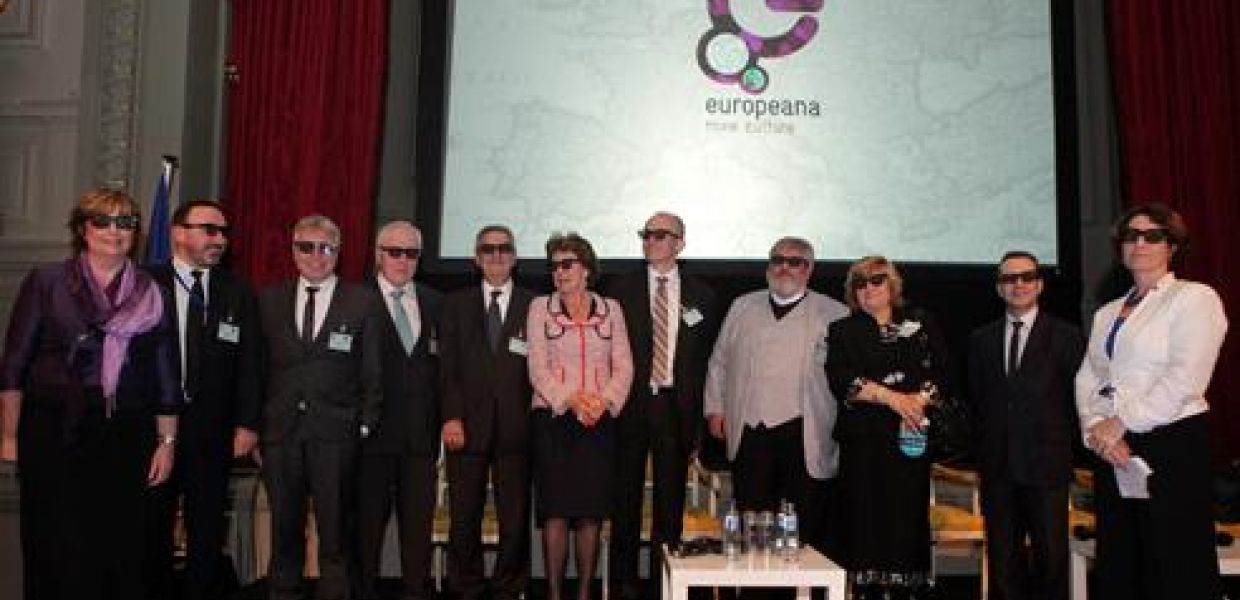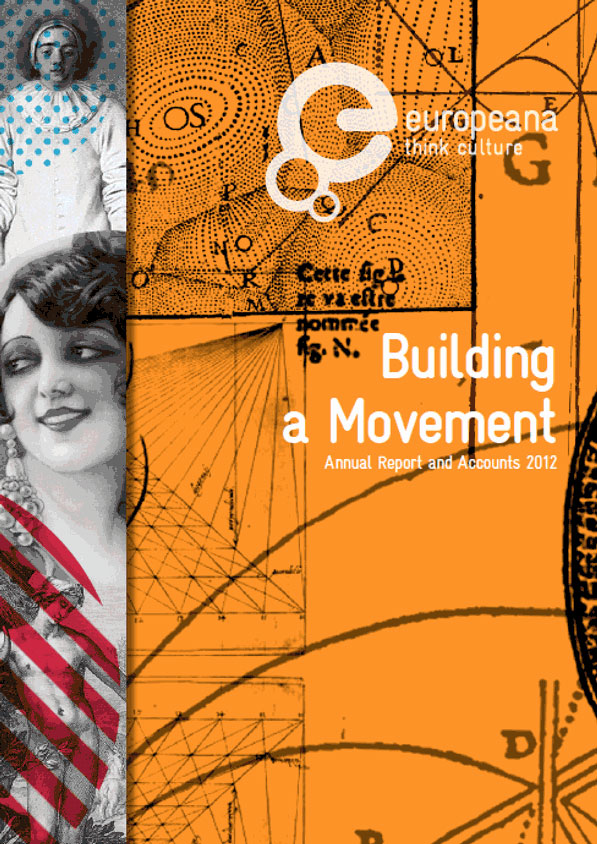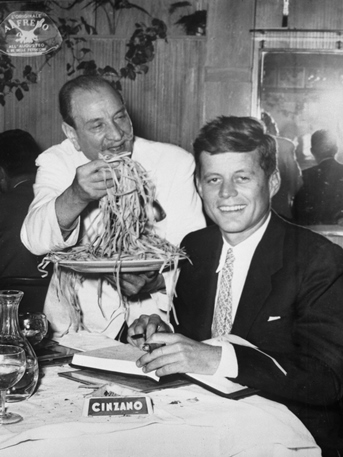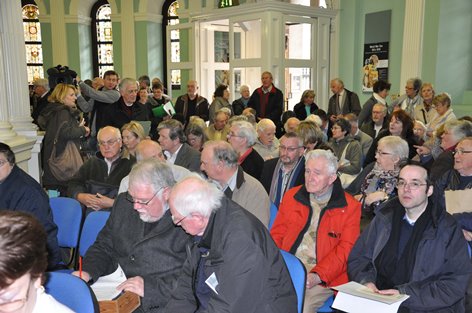2012: the year the Europeana Network changed digital cultural heritage for ever

Have you seen our round-up of the Europeana Network's 2012 achievements yet? The Annual Report and Accounts 2012 celebrates a significant year for the Europeana ecosystem and the world of digital cultural heritage.

Read the Europeana Annual Report and Accounts 2012
In the foreword to the report, Europeana Executive Director Jill Cousins says: '2012 was a year in which content providers and aggregators to Europeana fundamentally changed the world of digital cultural heritage. By releasing all Europeana metadata under a Creative Commons Zero Public Domain Dedication (CC0), it became possible for anyone and everyone to re-use it either commercially or non-commercially. This is the first time a move of this magnitude has been made anywhere in the world, and was the result of intensive advocacy, legal work and engagement with partners and the Europeana Network.'

Example of some of the new content ingested in 2012: ‘1963 - Il presidente Kennedy in trattoria a Roma’, courtesy of ANSA, EURO-Photo.
Launching Europe’s unrivalled cultural dataset under CC0 changed the rules that have governed cultural heritage data for decades. This has been the single most radical achievement of the project so far, and paves the way for innovation by SMEs and the digital research community. Above all, in the words of Commissioner Neelie Kroes, this puts cultural heritage in a position to ‘maximise the sector’s contribution to Europe’s recovery’.

Ministers don 3D glasses for a demo of the Europeana eCloud at a Europeana Awareness event in May 2012
The report charts the progress made against the objectives of 2012 as set out in the Europeana Business Plan 2012. Highlights include: increasing Europeana Network membership by 55%; achieving a 'good' rating for both major projects coordinated by the Europeana Foundation - Europeana Awareness and Europeana Version 2; achieving fantastic media coverage for the Europeana 1914-1918 PR campaigns running under Europeana Awareness; a series of successful hackathons and over 500 requests to use the Europeana API; increasing social media presence, including collaborations with partners on Pinterest; launching new virtual exhibitions including one in partnership with the Digital Public Library of America - Leaving Europe: A new life in America; huge improvements to search engine optimisation and the quality of metadata held in Europeana; and a total rebuild of Europeana to work with the Europeana Data Model ensuring the ability to deliver hierarchical and truly semantically related results.

Crowds wait at the Dublin Europeana 1914-1918 Family History Roadshow
Looking forward, Jill says, 'What has been, up to now, largely an aggregation project is now moving to face outwards, engaging people with their heritage, promoting the exchange of ideas and information, delivering value for content providers, and contributing to a thriving knowledge economy. We are building momentum fast; we are building a movement. I would like to take this opportunity to thank every single person involved in every project, every aggregation scheme, every hackathon, every workshop and every discussion because without you, the achievements of 2012 would not have been possible. Thank you.'
